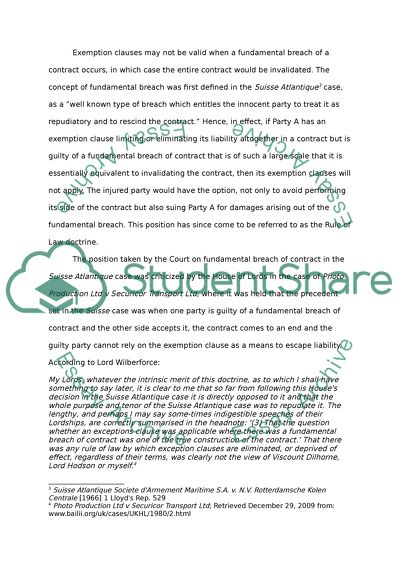Cite this document
(The Modern Law of Contract Case Study Example | Topics and Well Written Essays - 2000 words - 4, n.d.)
The Modern Law of Contract Case Study Example | Topics and Well Written Essays - 2000 words - 4. Retrieved from https://studentshare.org/law/1561523-commercial-law
The Modern Law of Contract Case Study Example | Topics and Well Written Essays - 2000 words - 4. Retrieved from https://studentshare.org/law/1561523-commercial-law
(The Modern Law of Contract Case Study Example | Topics and Well Written Essays - 2000 Words - 4)
The Modern Law of Contract Case Study Example | Topics and Well Written Essays - 2000 Words - 4. https://studentshare.org/law/1561523-commercial-law.
The Modern Law of Contract Case Study Example | Topics and Well Written Essays - 2000 Words - 4. https://studentshare.org/law/1561523-commercial-law.
“The Modern Law of Contract Case Study Example | Topics and Well Written Essays - 2000 Words - 4”. https://studentshare.org/law/1561523-commercial-law.


